How are new energy vehicles changing our driving habits? The widespread adoption of new energy vehicles is quietly reshaping people’s driving habits. This transformation is not only evident in operational aspects but also permeates travel philosophies and lifestyles.
In terms of driving operations, the quietness of new energy vehicles is the most noticeable difference. The loud engine noise of traditional fuel vehicles is replaced by the faint hum of electric motors. In congested areas, new energy vehicle owners are more likely to use intelligent navigation to plan the optimal route rather than frequently changing lanes, thereby reducing the likelihood of road rage.
Enhanced energy management awareness is another significant change. While traditional fuel vehicle users only need to monitor the fuel gauge, new energy vehicle owners must develop a dual understanding of ‘range anxiety’ and ‘range planning.’ They begin to actively research charging station layouts, vehicle energy consumption curves, and even adjust driving modes to optimise range.
The deep reliance on intelligent features further reshapes driving behaviour. The widespread adoption of autonomous driving assistance systems has led new energy vehicle owners to gradually adapt to a driving state where ‘hands stay on the steering wheel, but feet can temporarily rest.’ On highways, the coordinated use of adaptive cruise control and lane-keeping functions frees drivers from frequent accelerator and brake operations, allowing them to focus more on anticipating road conditions.
The charging characteristics of new energy vehicles have also given rise to the habit of ‘fragmented charging.’ Compared to filling up the tank in one go with a petrol vehicle, new energy vehicle owners prefer to charge during fragmented time, such as topping up at a shopping mall charging station while shopping or fully charging at home using a slow-charging station at night.
How are new energy vehicles changing our driving habits? New energy vehicles are driving a transformation from ‘mechanical operators’ to ‘intelligent mobility managers’ through innovations in quietness, energy management, intelligence, and charging modes. This not only enhances driving safety and efficiency but also fosters a more environmentally friendly and relaxed mobility culture.

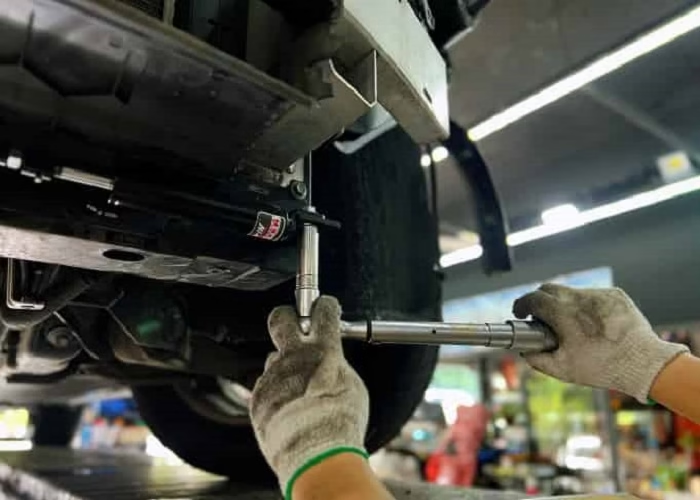
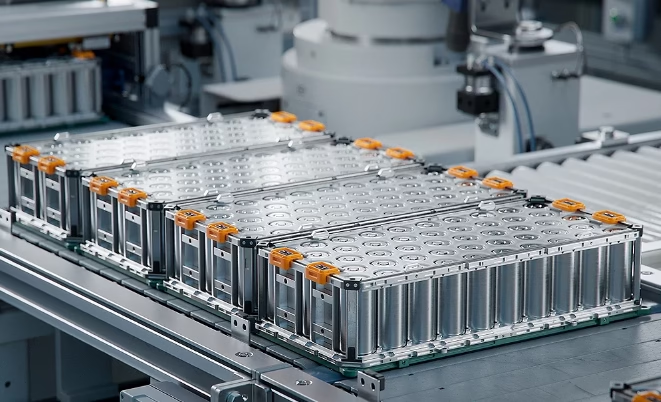
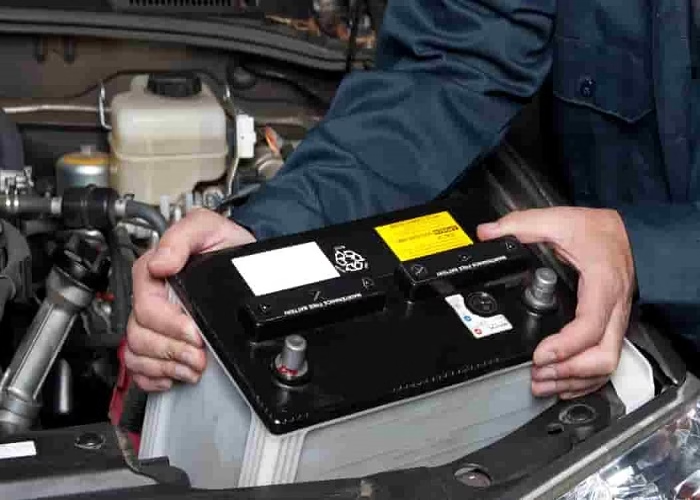




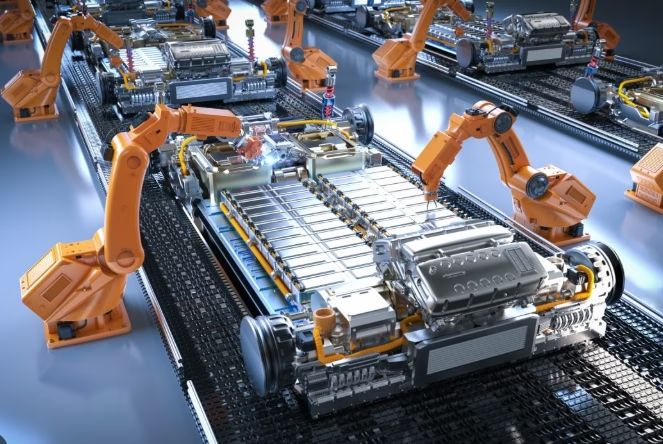
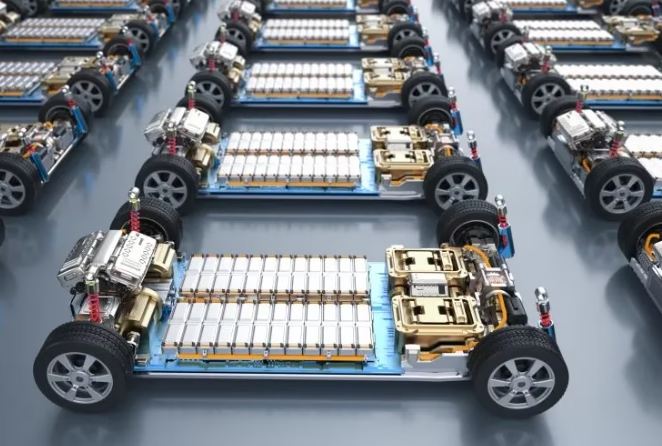
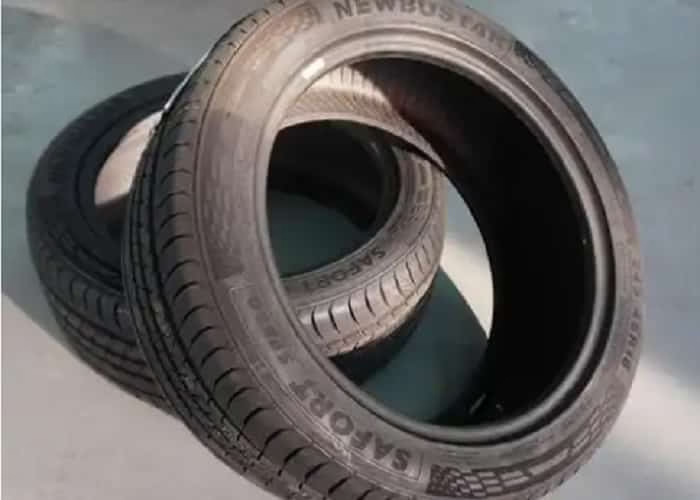
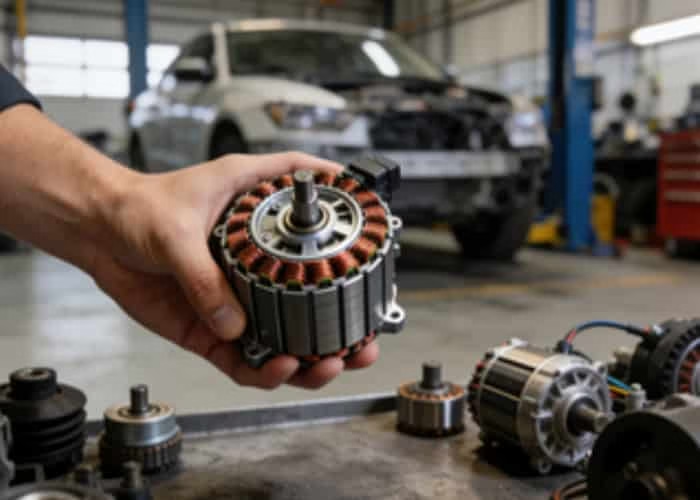
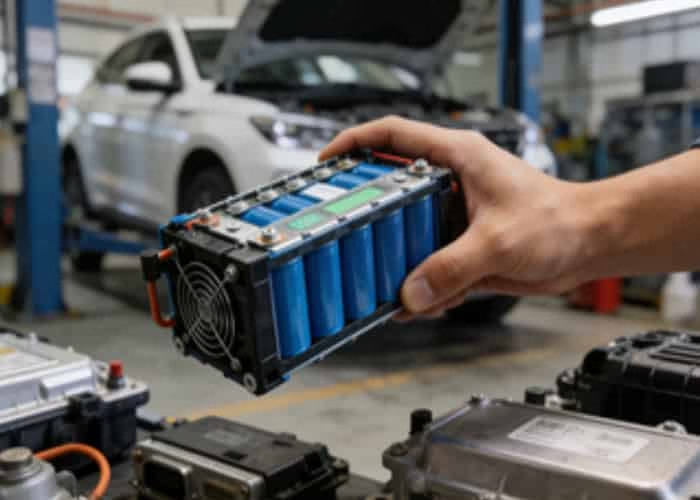
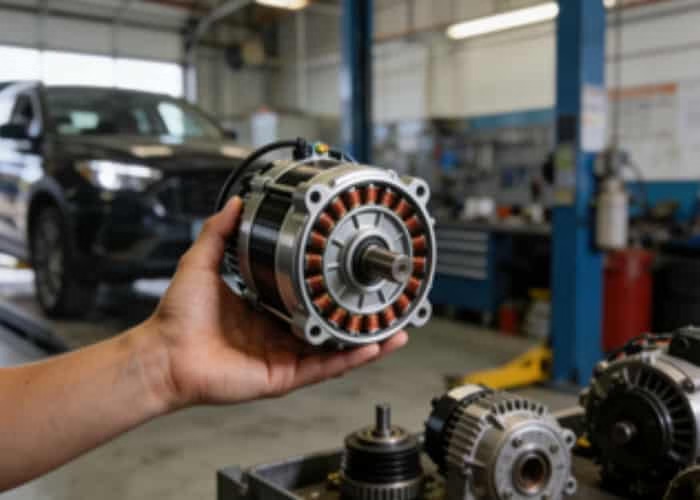

Leave a Reply